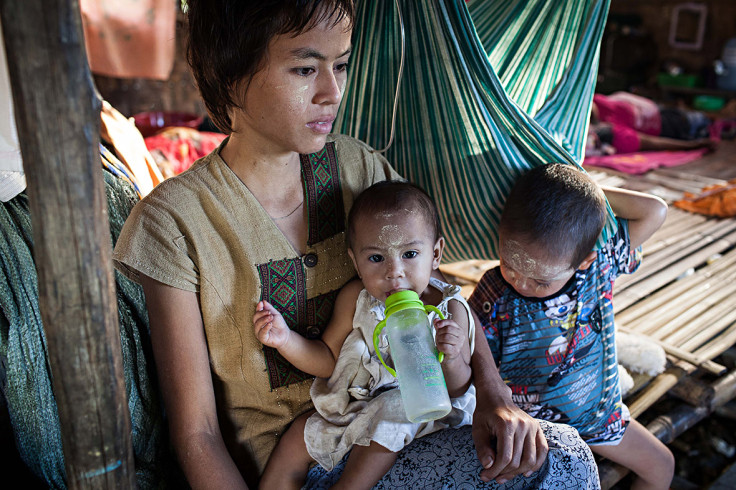HIV and syphilis can be detected in minutes using cheap, lab-on-chip device

A cheap device that can detect HIV and syphilis from a drop of blood in less than 15 minutes has been developed by US and Rwandan researchers.
The dongle which is small and light can easily connect to a smartphone or computer for the power it needs.
The device delivers test results on the phone screen within 15 minutes compared to two or more hours with existing methods.
It replicates all the functions of a lab-based blood test. It works by detecting antibody markers of the infectious diseases: HIV antibody, treponemal-specific antibody for syphilis, and non-treponemal antibody for active syphilis infection.
"Our work shows that a full laboratory-quality immunoassay can be run on a smartphone accessory," said lead author Samuel Sia, associate professor of biomedical engineering at the Columbia University.
Researchers believe that this lab-on-a-chip device could help scale up early detection of HIV and syphilis, especially in mobile or field clinics.
The manufacturing cost of the device is only $34 (£22), a fraction of the $18,000 (£11,850) ELISA assay used at present.
It was used on a pilot in Rwanda to test blood finger-pricked from 96 patients where results were as good as the ELISA ones.
The health care workers administering the test were given only 30 minutes of training on the device.
"By increasing detection of syphilis infections, we might be able to reduce deaths by 10-fold. And ...we might be able to scale up HIV testing at the community level with immediate antiretroviral therapy that could nearly stop HIV transmissions and approach elimination of this devastating disease," Sia said.
The work, also comprising researchers from Rwanda Biomedical Center, was published in the US journal Science Translational Medicine.
It was early last year that the UK approved self-testing kits at home that let people take their own saliva from a mouth swab or blood samples and analyse the results at home.
Both syphillis and HIV are sexually transmitted diseases and highly contagious.
Almost 78 million people have been infected with the HIV virus and about 39 million have died of HIV the world over, says the World Health Organization. Almost 35 million people were living with the disease at the end of 2013 while 1.5 million died due to Aids-related symptoms.
According to the CDC, after a low in 2000, new cases of syphilis in the US doubled between 2005 and 2013 from 8,724 to 16,663.
WHO estimates show that in 2008, 1.4 million pregnant women around the world were infected with syphilis, 80% of whom had attended antenatal care services.
© Copyright IBTimes 2025. All rights reserved.





















